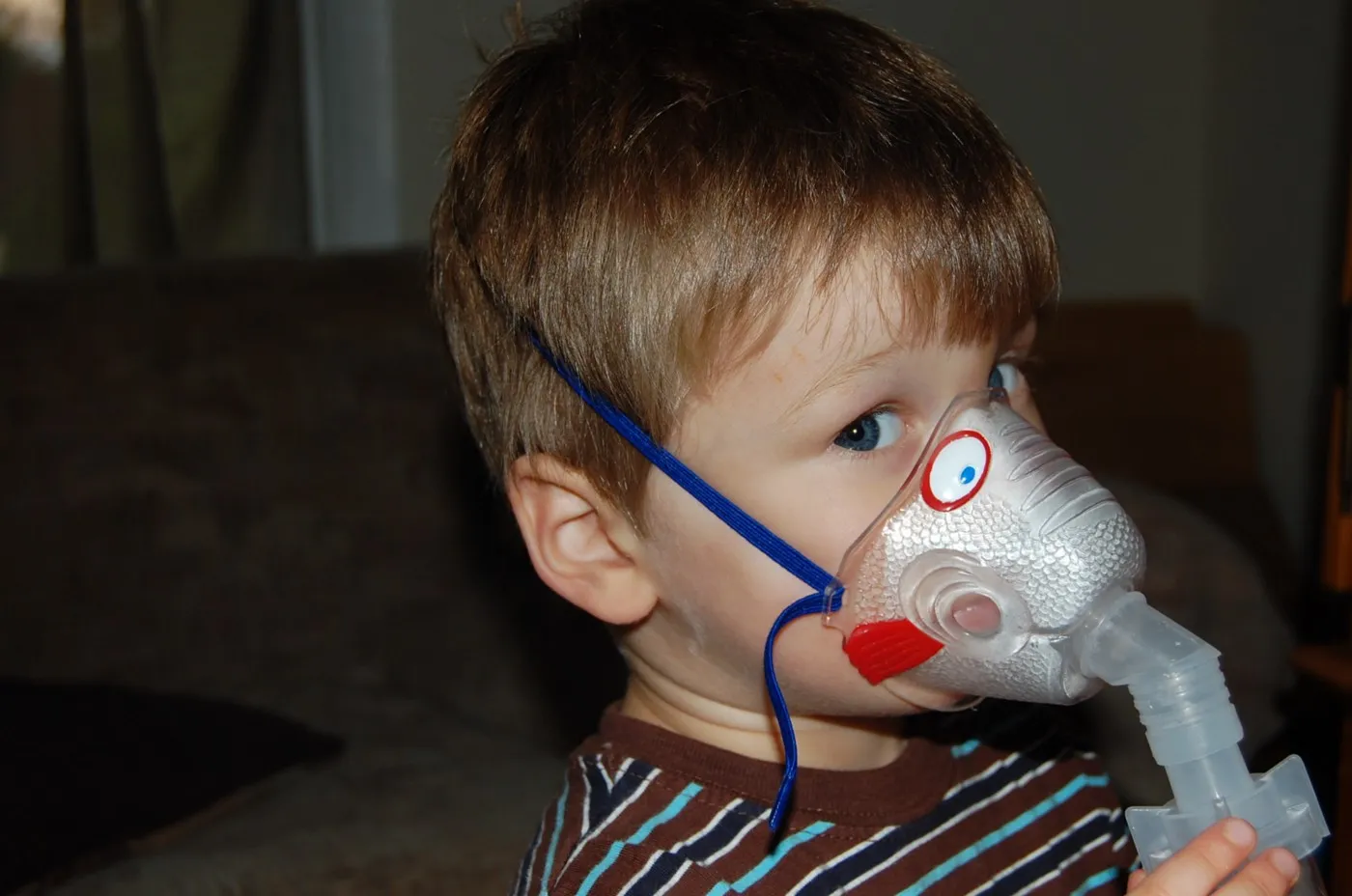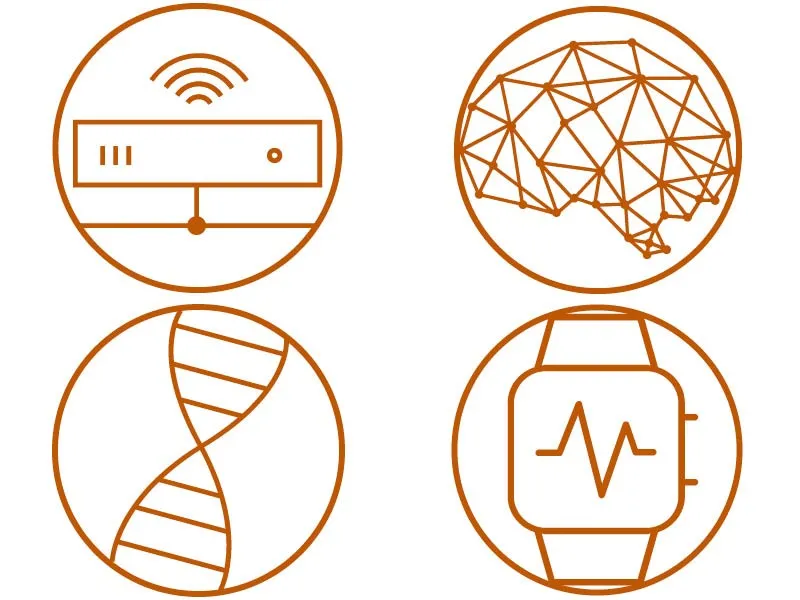
How many people have heard about the 1,797 scientific studies that have examined the connection between home air quality and child breathing problems such as asthma? Has anyone read them all? I doubt any researcher has, much less the average parent who has a child with asthma — and yet parents are the people who most need that information.
Childhood asthma leads to poorer sleep quality, lower physical activity, and changes in diet that can negatively impact the lives and development of children. Scientists understand a lot about what triggers asthma in children as well as things that help prevent it, yet information is not always communicated in a manner that people can understand and act on.
All scientists want to better the human condition, and they struggle with how to share research findings in ways that help people make changes quickly. It’s hard to take complicated ideas and make them easier to understand, but that’s exactly what we have to do.
Whole Communities–Whole Health wants to address this problem in a very different way: We’re changing the way science helps society thrive.
We Can Do So Much, but not Everyone Benefits
We stand at a crossroad in history where there is an unprecedented level of digital data being acquired all around us. We carry around smartphones, most with over 25 active sensors onboard. We install digital devices in our home to control our indoor temperature, our entertainment, and our security. Referred to as “big data,” the online digital world contains a vast amount of information about all aspects of our world, our communities, and our lives.
At the same, we have begun to crack into the most complex aspects of our biology by examining how the changing world around us interacts with our DNA to shape our health and development. Wouldn’t it be nice if we could integrate all of this big data, cool technologies, and biology to help improve health and wellbeing? Whole Communities–Whole Health will to do just that.

Building a complete picture of our lives using advances in individual biology, digital technology, big data, and information connectivity in order to empower us to take charge of our lives and health, is a worthy goal. But these efforts often leave out the most vulnerable among us who are really the ones who could benefit the most. Young children born and raised in difficult and adverse conditions, for example, face unique challenges to achieve their full potential and thrive. That’s why Whole Communities–Whole Health will make sure that the most cutting-edge advances in behavioral and health research reach the children and families who need them the most.
Communities Are Our Partners
We are committed to engaging in conversation and listening to the people who live in communities confronted with greater adversity and unique difficulties. The overarching goal of Whole Communities–Whole Health is to build a new research model based on a community-engaged partnership. That means we want to fundamentally rethink how scientists interact with the people they’re trying to help. And that begins with asking important questions that take us back to square one: What should we be studying? How should we study it? How can we get information back to the community in a way they can use?
Our pledge is to develop this work in direct collaboration with community members from the get-go, so they have the information and resources necessary to make changes in their own lives.
So, let us imagine a new way of doing science: one that listens and partners with a community to deploy new methods that can monitor our environment, our homes, our behavior, and our health in real-time. That information can reveal a comprehensive picture that community members can understand and put into use to positively impact their day-to-day lives. Sounds difficult? Well, we don’t call it a Grand Challenge for nothing! Using science to transform lives is the beacon that will guide the work of Whole Communities–Whole Health.

